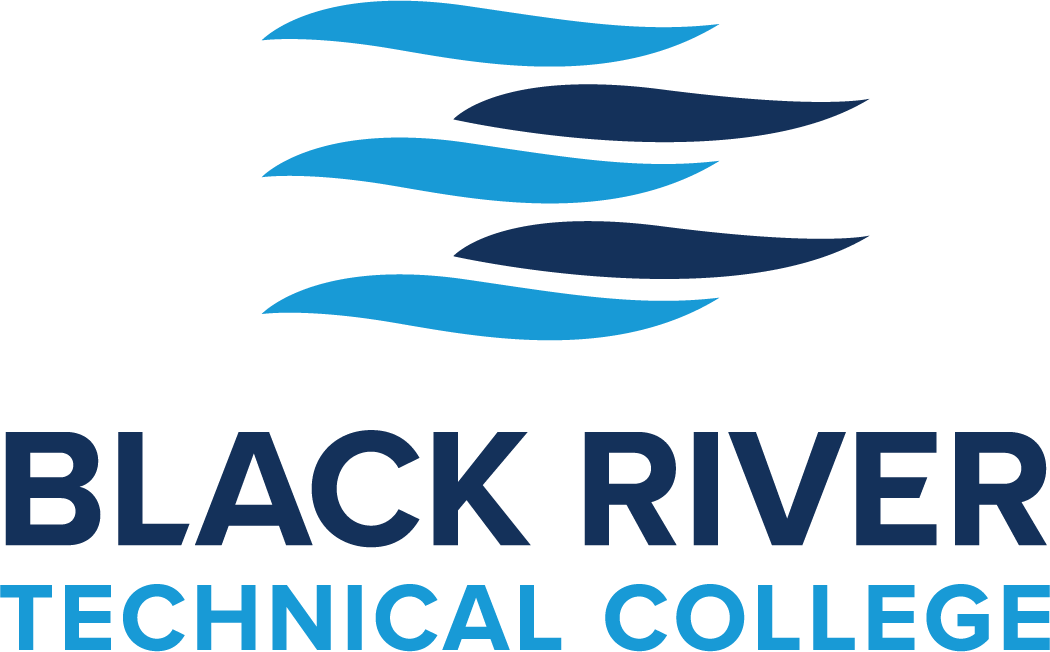All degree-seeking students at BRTC should demonstrate competency in the following domains general education domains.
Institutional Effectiveness Contacts

Vice President of Academic Affairs
B.S.E., Williams Baptist University; M.S.E., Arkansas State University; Ph.D., University of Arkansas
(870)248-4095

Baine, Dr. Brad
Vice President of Academic Affairs

Vice President of Student Affairs
B.S. , Arkansas State University; J.D., University of Arkansas at Little Rock School of Law
(870)248-4029

Smith, Jason
Vice President of Student Affairs
